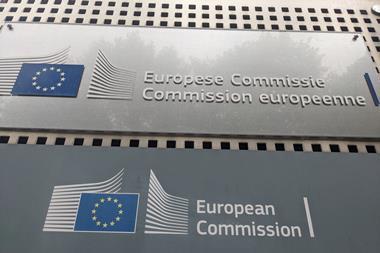GastroSocial Pensionskasse, the CHF11bn (€11.47bn) pension fund for Switzerland’s hospitality industry, has significantly increased its allocation to private markets as part of a revised investment strategy designed to reduce short-term volatility and enhance long-term net returns.
The scheme has increased its private markets exposure to 33% of its portfolio, up from 25%, with allocations of 9% to private debt, 8% to private equity, 9% to infrastructure, 5% to international real estate, and 2% to insurance-linked securities (ILS).
The pension fund has increased its allocation to private equity, private debt and infrastructure, while reducing its bond exposure due to its unattractive risk/return profile, said Beat Wüst, chief investment officer at GastroSocial.
Compared with its previous strategic asset allocation, the fund has raised its weighting in private equity by three percentage points, and in private debt, infrastructure equity, and global real estate by two percentage points each.

Wüst noted that private market investments provide greater resilience against short-term market movements.
In the long term, private market investments help stabilise the pension fund’s portfolio because specialist asset managers can implement operational and strategic improvements, which can at least partially decouple company performance from the economic cycle, he said.
He added that the shift reflects a broader trend among Swiss pension funds, which are expected to continue increasing allocations to private markets while adopting more passive approaches in listed strategies.
GastroSocial has responded to ongoing macroeconomic and geopolitical uncertainty – particularly stemming from unpredictable US policies – by consolidating some listed equity strategies and reducing overall exposure to the asset class.
Uncertainty around US policy, especially in the wake of recent punitive tariffs, has undermined trust in US assets – both equities and government bonds – as well as the dollar.
In fixed income, the fund has merged global government, corporate and convertible bonds into a single foreign currency bond allocation, while reducing exposure across the asset class.
GastroSocial maintained a cautious stance in the first quarter, taking advantage of short-term market dislocations to optimise returns. It reported a return of -0.15% in April, outperforming its benchmark of -0.36%, and moved back into positive territory by mid-May following a market rebound.
“The biggest challenge for the asset management of a pension fund is currently clearly coming from US policies, [which have] become very unpredictable,” the CIO said.
The latest digital edition of IPE’s magazine is now available























